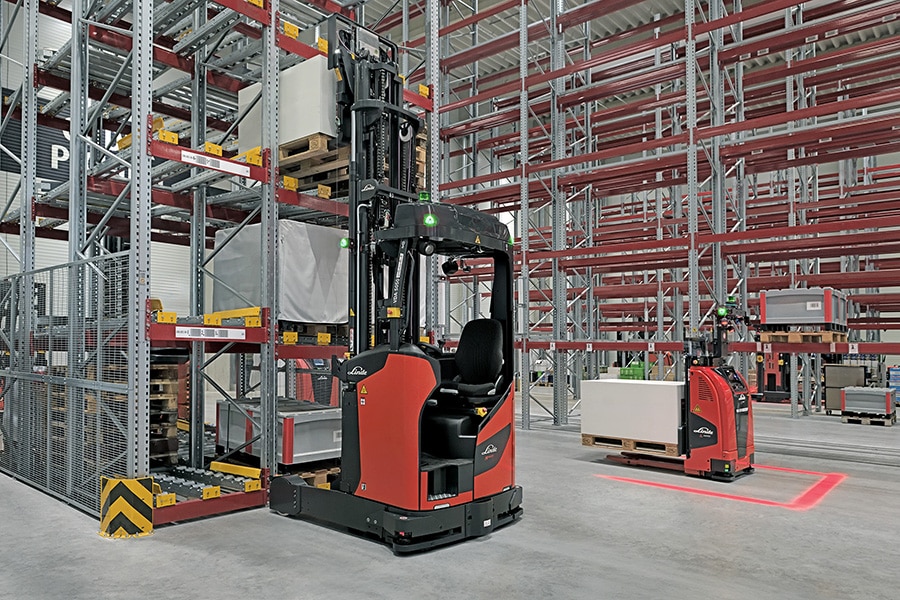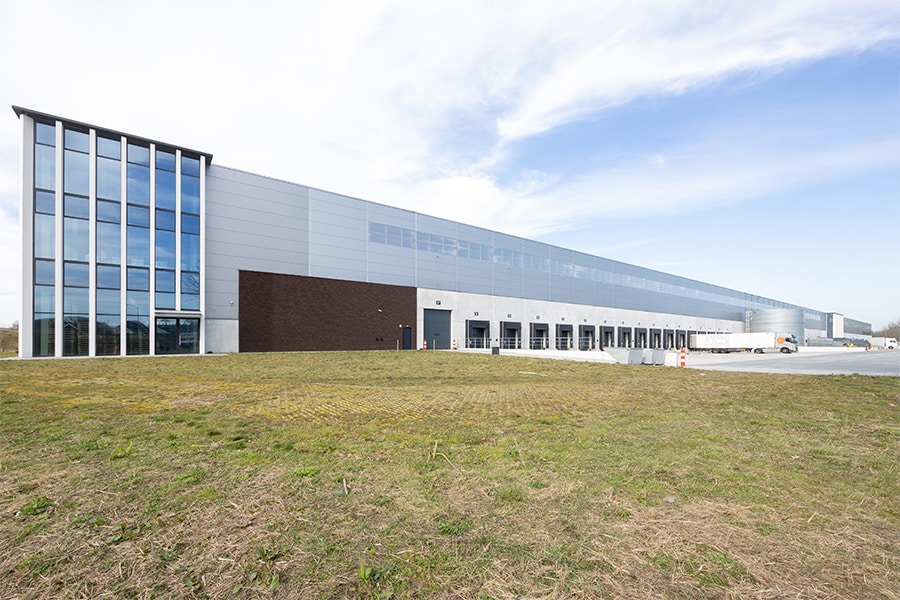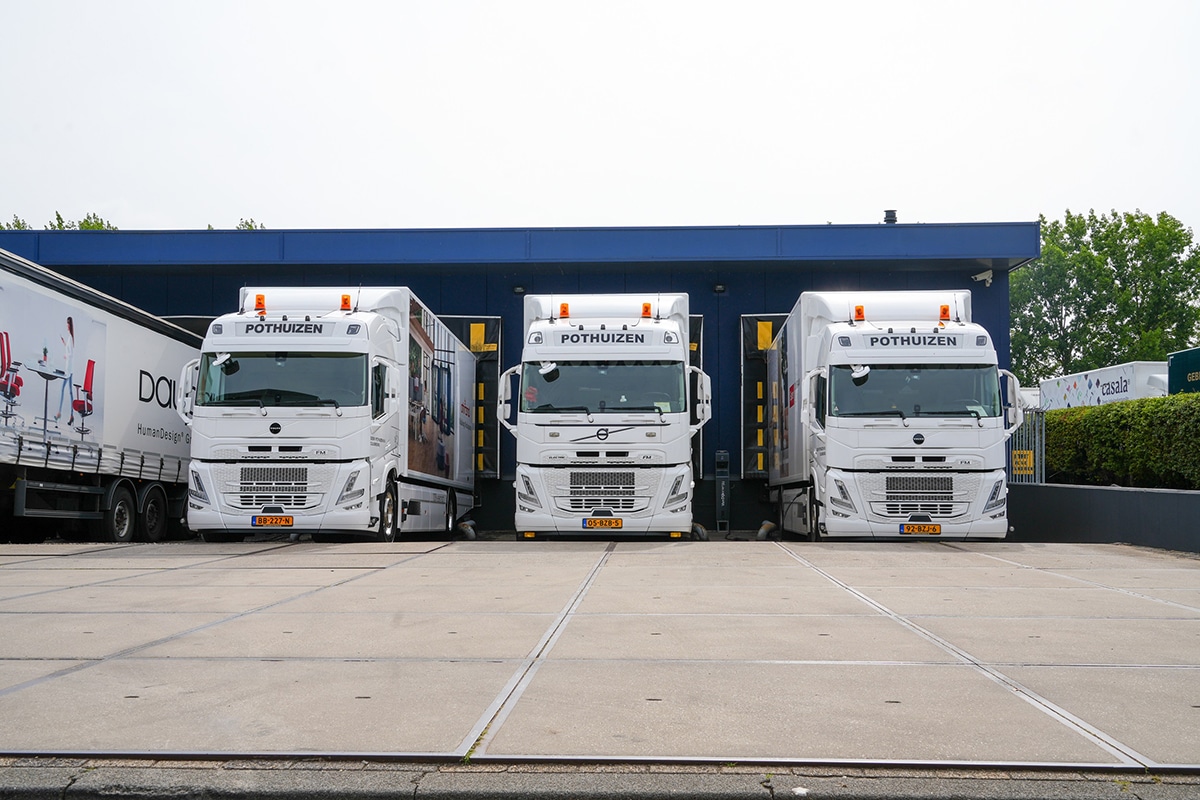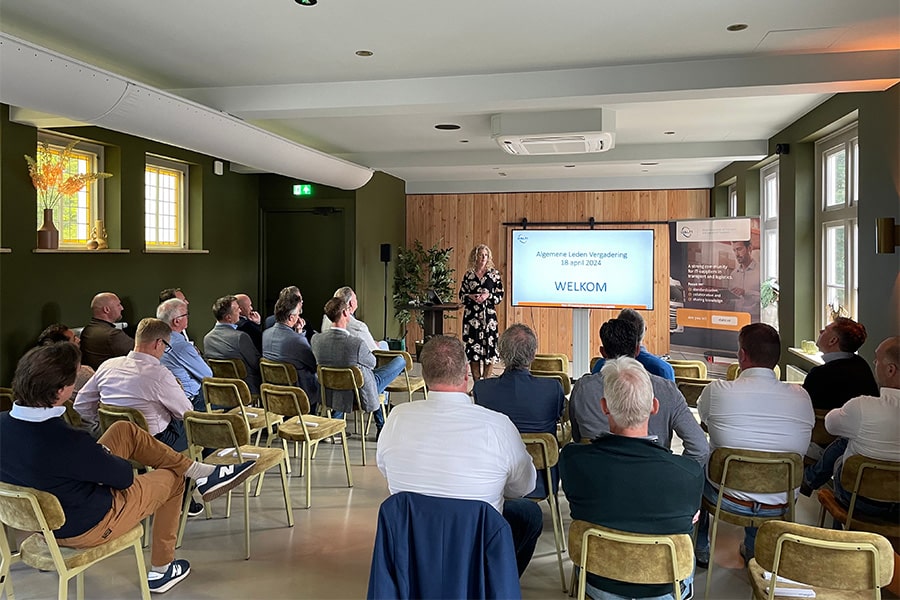
Software integration: association makes case for data efficiency in industry
The old situation was frustrating, but mostly time-consuming, error-prone and expensive. After all, clients sent their files using each their own format. And where one used the ISO format 0031 for the Netherlands, the other used "Ned" or "NL". The result was that one had to build many links which is very costly. It was the reason in 2018 for founding DALTI the trade association for ICT suppliers in transport and logistics. Official secretary and former chairman René Knapen: "We started by talking with a number of ICT suppliers about the standardization of message exchange about orders, among other things."
Due to insufficient knowledge sharing between ICT suppliers, the same wheel was invented over and over again for common integrations. Knapen continues: "Our first goal was to develop a standard and we did that together with the Uniform Transport Code Foundation, the government and other organizations. The second goal was for our members and carriers to actually apply this standard. And that has been reasonably successful."

Open Trip Model
The Open Trip Model (OTM) makes data conversion unnecessary. "This is a free (open source) and user-friendly data model that allows you to exchange real-time logistics data. It enables communication between different types of systems without complicated links or translations. This allows shippers and carriers to have real-time information from municipalities and road authorities, among other things, and traffic control centers to gain better insight into logistics movements."
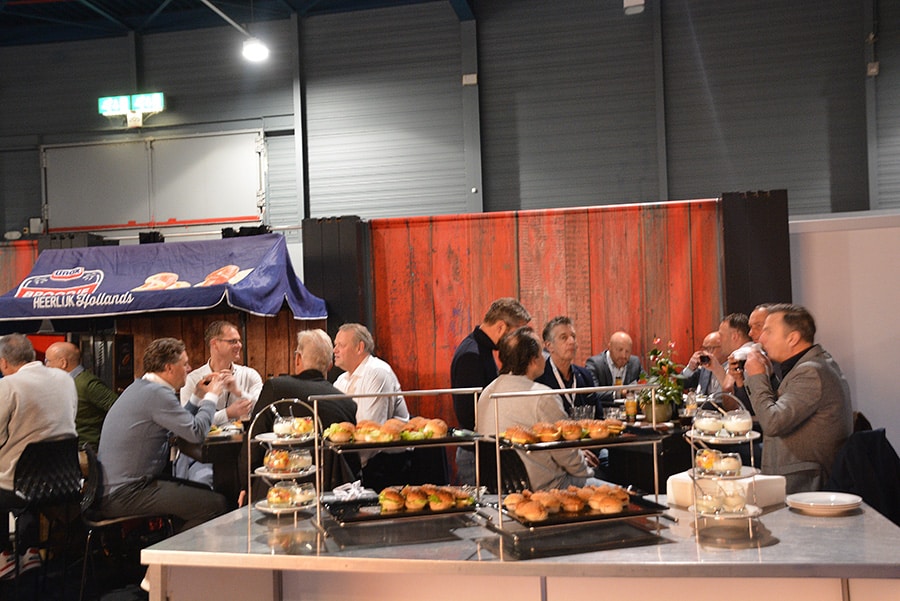
Government
"We also worked to get the government on board. After all, on-board computers use data from the NDW and carriers have to submit a monthly statement to CBS. We have ensured that the NDW data are also delivered in OTM format and the same goes for the link we have with CBS. We are now pushing for OTM to cross the border. For example, we are currently talking to the large, German organization Open Logistics Foundation."
Asked why DALTI achieved success relatively quickly, Knapen replied, "Our experience is that when it comes to data efficiency, the executive departments are quite energetic. That, of course, is very pleasing. And the second reason for the success is the cooperation between the ICT suppliers and our members who have implemented the OTM."
Surely then the question automatically arises as to why this development was not initiated earlier. "That has both a technological and motivational reason. Not all systems used to be 'open', which made it technologically impossible. In addition, there was too little motivation on the part of the ICT suppliers. They wanted, understandably, to protect their own market. But nowadays they have so much work that they too benefit from efficiency. Moreover, carriers and shippers are less afraid to share data."
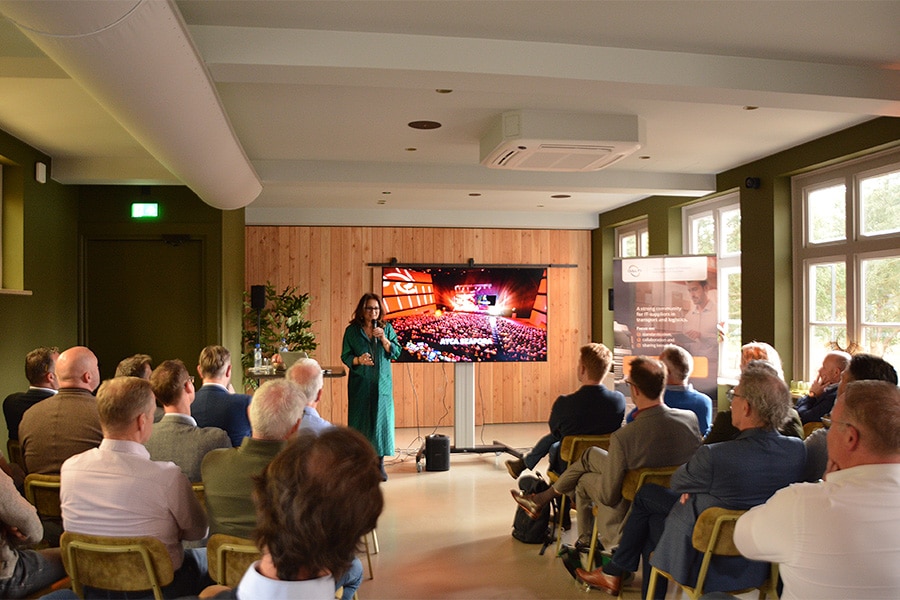

Current challenge
Speaking of knowledge sharing, does Knapen have any advice for the industry? "A lot of legislation is going to change in the near future, something about which we are communicating in abundance. In addition, we are on the rumbling train of AI developments. In that area, we still see a lot of cold feet. The industry has traditionally been execution-oriented and conservative where novelties and innovations are concerned. However, we believe that new developments should be an essential part of your work. Unfortunately, we find that there is still too little attention and willingness to invest."
Advocacy is high on the association's agenda. "Instead of our members talking to parties individually, our Standardization Working Group is now doing so collectively," says Mr. K. K., a member of the association. The association is also fully committed to sharing knowledge. Among other things, through workshops, theme and network meetings.
